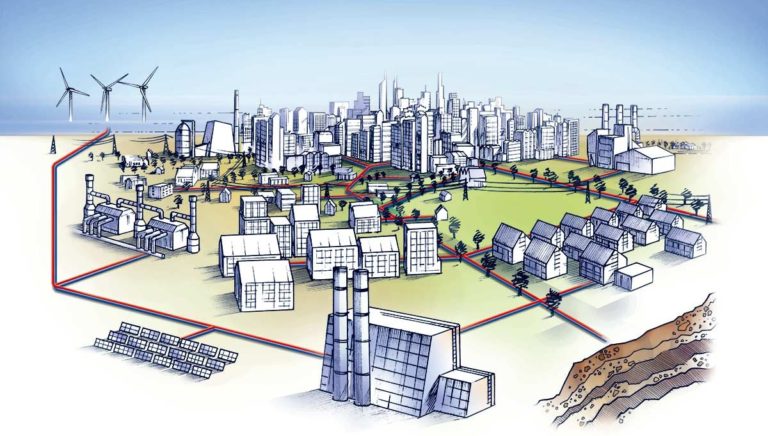Air pollution containing high levels of toxic gases and greenhouse emissions kills approximately seven million people every year! It is mainly responsible for one third of all deaths from stroke, lung cancer, and heart diseases worldwide.
However, efforts undertaken to control the Covid-19 transmission, which restricted economic and travel activity, has shown significant improvements on air and water quality throughout the globe.
Skies became clear of pollution and wildlife returned to newly-cleared riverine systems. The waters of Venice became clear as small fish have begun inhabiting the waterways again and greenhouse gas emissions declined, whilst air quality improved.
It was reported that there had been a sharp decline in air pollution across China, Europe, and the US.
- Greenhouse gas emissions in Europe and China dropped by approximately 24.4% and 25% respectively. Similar figures were reported in Spain and the UK.
- Pollution in New York reduced by 50% due to a sudden drop in carbon emissions.
- Europe can expect to emit 388.8 million tons less of carbon into the air than it did before Covid-19.
According to a Carbon Brief report, the percentage of stations in Malaysia that recorded ‘good’ air quality readings increased from 28% to 57% after the Movement Control Order (MCO) was enforced. Also, reports on riverine systems and coastal waters showed remarkable improvement in water quality due to minimal (polluted) run-offs, situations, and effluents.
During this brief environmental correctional period, millions of people would have benefited in the air that they breathe without realising it. Sadly, although there was a significant drop in emission levels during the pandemic and travel restriction, the situation would most likely revert to its original pre-Covid-19 levels when economic activities go into full throttle.
When this happens, the atmosphere will be again hammered by excessive carbon emissions from fossil fuels, used to generate power and drive transportation. This would aggravate global warming. According to an Inter-governmental Panel report on climate change, the planet is becoming warmer by 0.2°C per decade.
It is hoped that the impact on the atmosphere due to the Covid-19 episode remains imprinted in the minds of people. Given the realisation, efforts should now be doubled to limit carbon emissions and prevent the rise of global temperatures to less than 2°C within this century.
If we fail to realise the urgency of the situation then Covid-19 taught us nothing. The repercussions would be unavoidable – quicker melting of the polar ice caps, rising ocean waters, frequent flooding and destruction of properties and livelihoods.
Light at the end of the tunnel
One of the main global frameworks to mitigate climate change and reduce greenhouse gas emissions is the Paris Agreement that was signed in 2016. The agreement was adopted and ratified by over 190 countries. The onus is now on the government, business fraternities, civil societies and communities/societies to fulfil the tenets of the Paris Agreement.
This is an opportunity for the business community (multinationals, public-listed companies, etc.) and civil societies to work together and establish programmes to protect the environment. This could become part of companies’ commitment and strategy towards environmental sustainability.
One thing’s for sure – the Covid-19 pandemic has shown the world that if there is a will, there is a way – to resolve climate change or at least contain pollution to safer levels.






